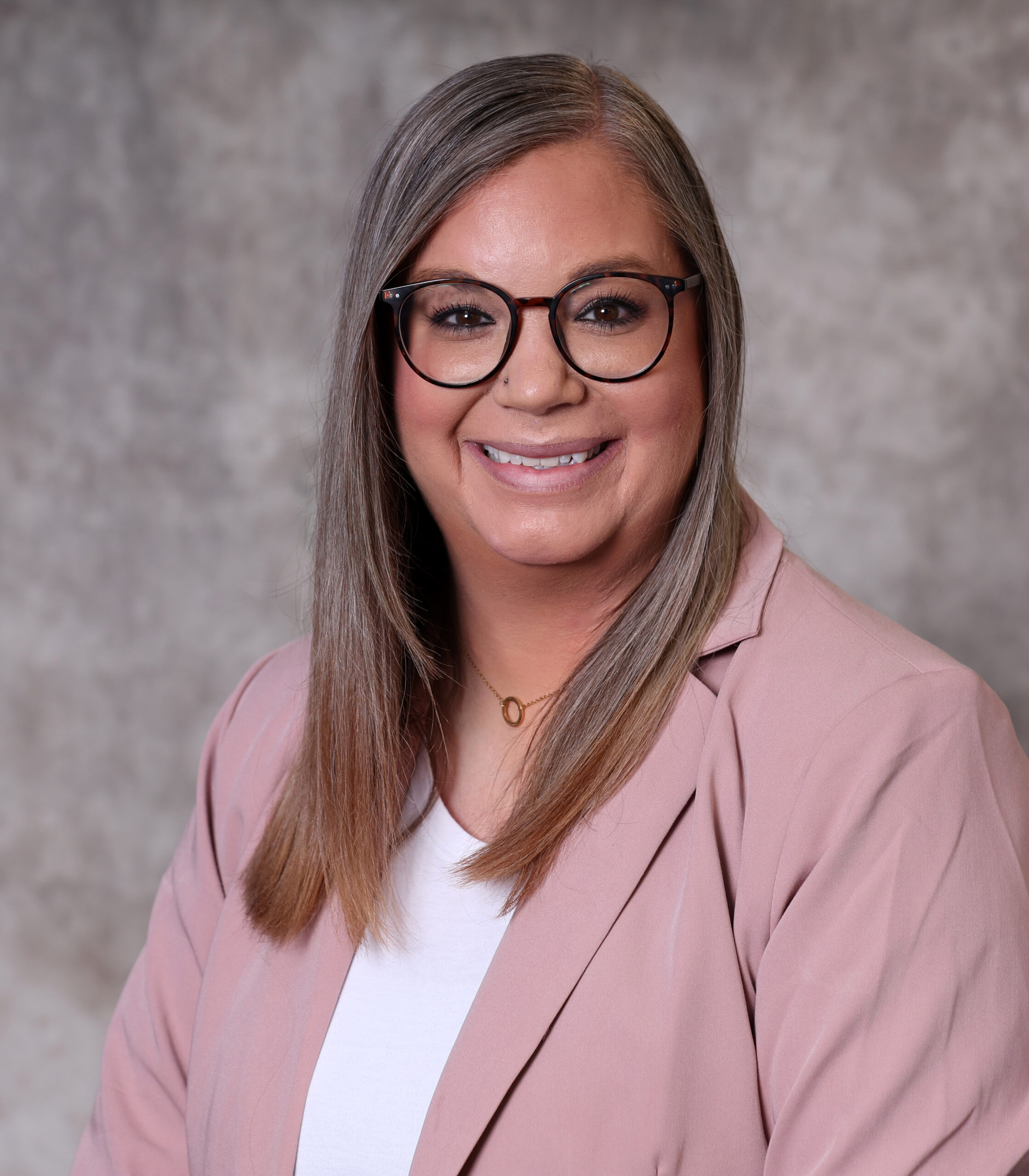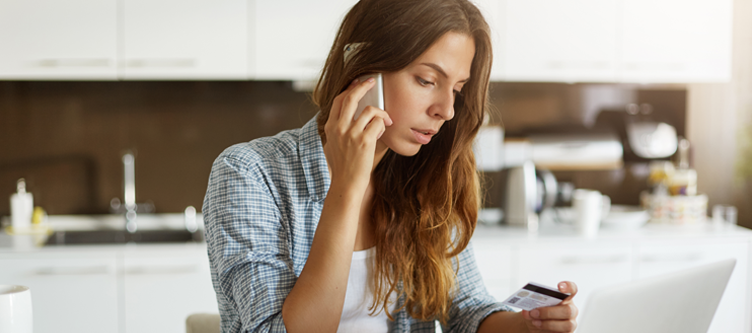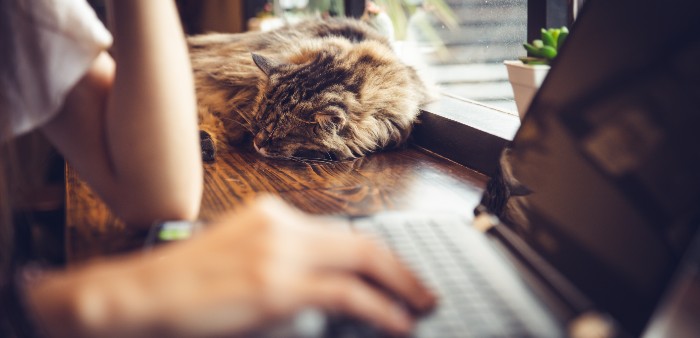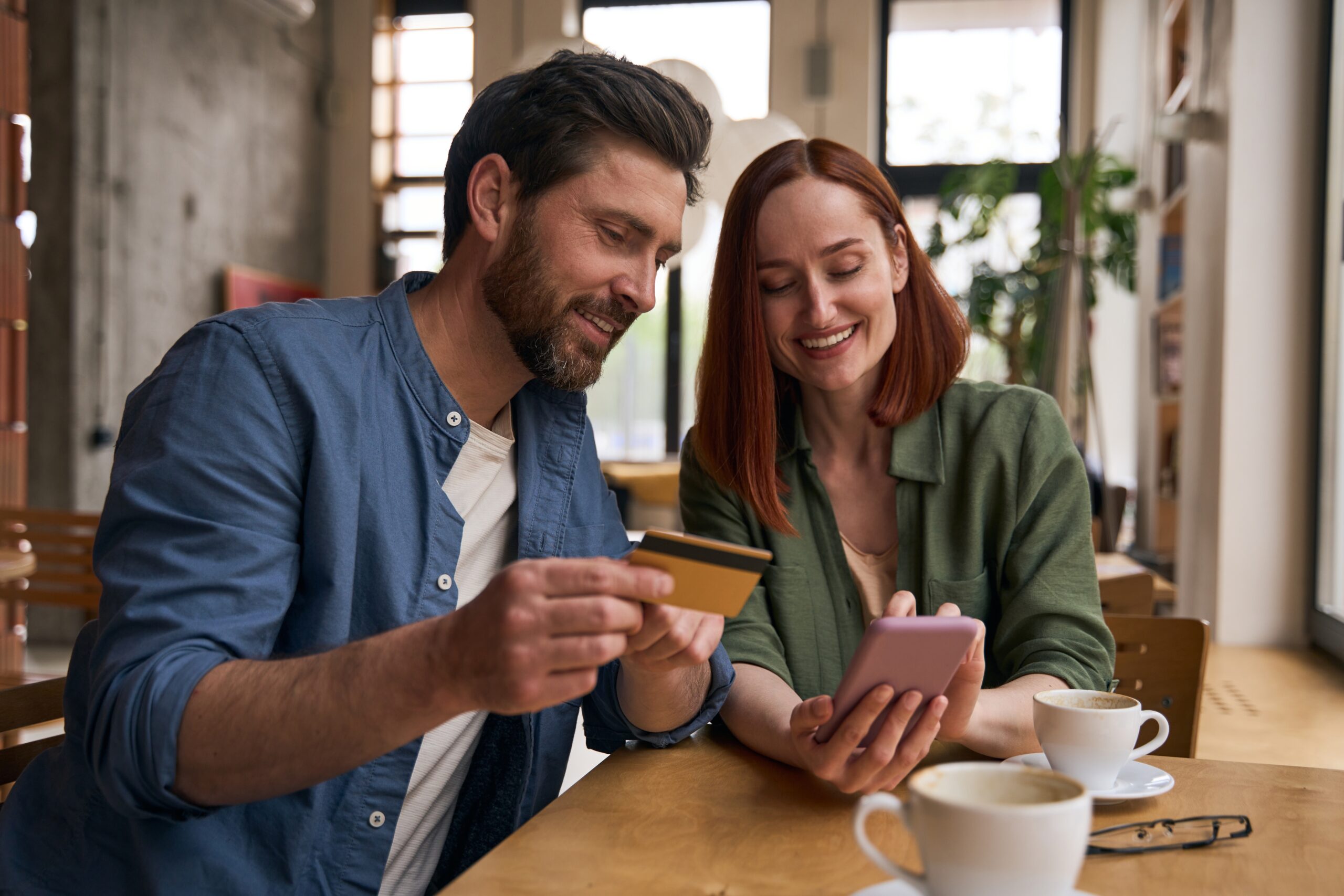The spread of the coronavirus (COVID-19) has had a significant impact on the daily lives of people all over the world. As we try to mitigate the spread of coronavirus and protect our most vulnerable population, people are limiting all unnecessary travel within their communities.
This article provides an overview of how to complete your banking needs virtually, common coronavirus-scams circulating the internet and how to avoid falling victim to one, as well reasons cash stockpiling (withdrawing large amounts of cash) is not the safest way to protect your money.
Coronavirus-related scams
With more people spending time at home and even working from home, fraudsters are taking advantage of the uptick in internet use and individuals’ research into coronavirus updates, as well as an environment of fear making individuals more vulnerable.
The Federal Trade Commission (FTC) is warning consumers of the following coronavirus-related scams:
- Spoofed (fake) hospital sites offering inaccurate information about coronavirus treatments
- Fake business websites claiming to sell coronavirus cures or treatments, including vaccines and medications
- Phishing alerts that look like they are coming from the World Health Organization (WHO) or Centers for Disease Control and Prevention (CDC) and contain “breaking news” about the coronavirus or appear to be coming from the U.S. Securities and Exchange Commission (SEC) and contain “investment opportunities”
- Fake charities asking for donations for those impacted by the coronavirus
The FTC has also provided the following precautions to take to avoid falling victim to these scams:
- Don’t click on links from sources you do not know
- Go directly to the WHO, CDC, and SEC websites for news and updates
- Ignore online offers for coronavirus vaccines and treatments
- Research charities before donating, don’t let anyone rush you into a donation, and be cautious of organizations that ask for donations via cash, gift card or wiring money
How to bank without visiting your branch
While you’re adhering to the CDC’s instruction to engage in social distancing and limit all unnecessary travel even within the community, you may take advantage of virtual banking to complete your banking needs from anywhere.
By using online and mobile banking, which can be set up using the Bankers Trust website, you can pay bills, deposit checks, view account balances, pay individuals or businesses, request changes to your account, and more. You can open a new checking, savings, or CD account on our website, and contact our customer service team at 1-800-362-1688 for assistance. And don’t forget, Bankers Trust offers 75,000 in-network, fee-free ATMs if you need to make a withdrawal!
Why cash stockpiling isn’t your safest option
The safest place for your money is at the bank. Your checking and savings accounts are protected and insured up to $250,000 by the Federal Deposit Insurance Corporation (FDIC). The FDIC does NOT protect the funds you withdraw and carry as cash bills, and therefore, cash stockpiling (withdrawing large sums of cash) is not recommended.
At Bankers Trust, the safety and security of our customers and team members is always our top priority. We understand the feeling of concern you may feel during uncertain times, and we want to assure you we have everything in place to continue serving your banking needs as this situation develops. While you do your part by adhering to CDC, WHO, and FTC guidelines, we will do ours. We will continue to monitor this rapidly changing situation and keep you informed while continuing to serve your banking needs throughout this situation.








 Equal Housing Lender. SBA Preferred Lender. NMLS #440379
Equal Housing Lender. SBA Preferred Lender. NMLS #440379